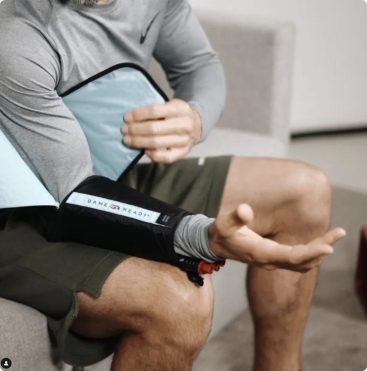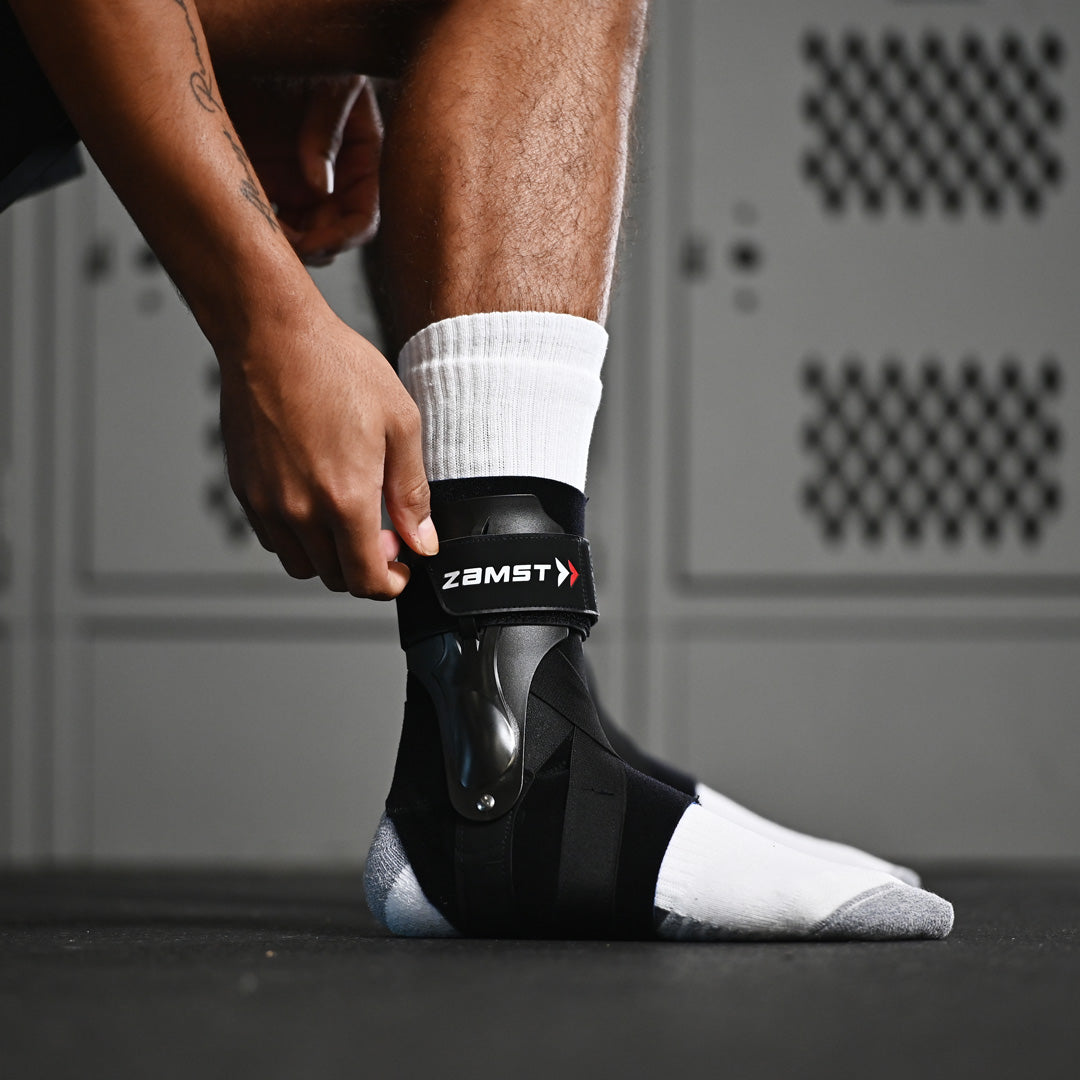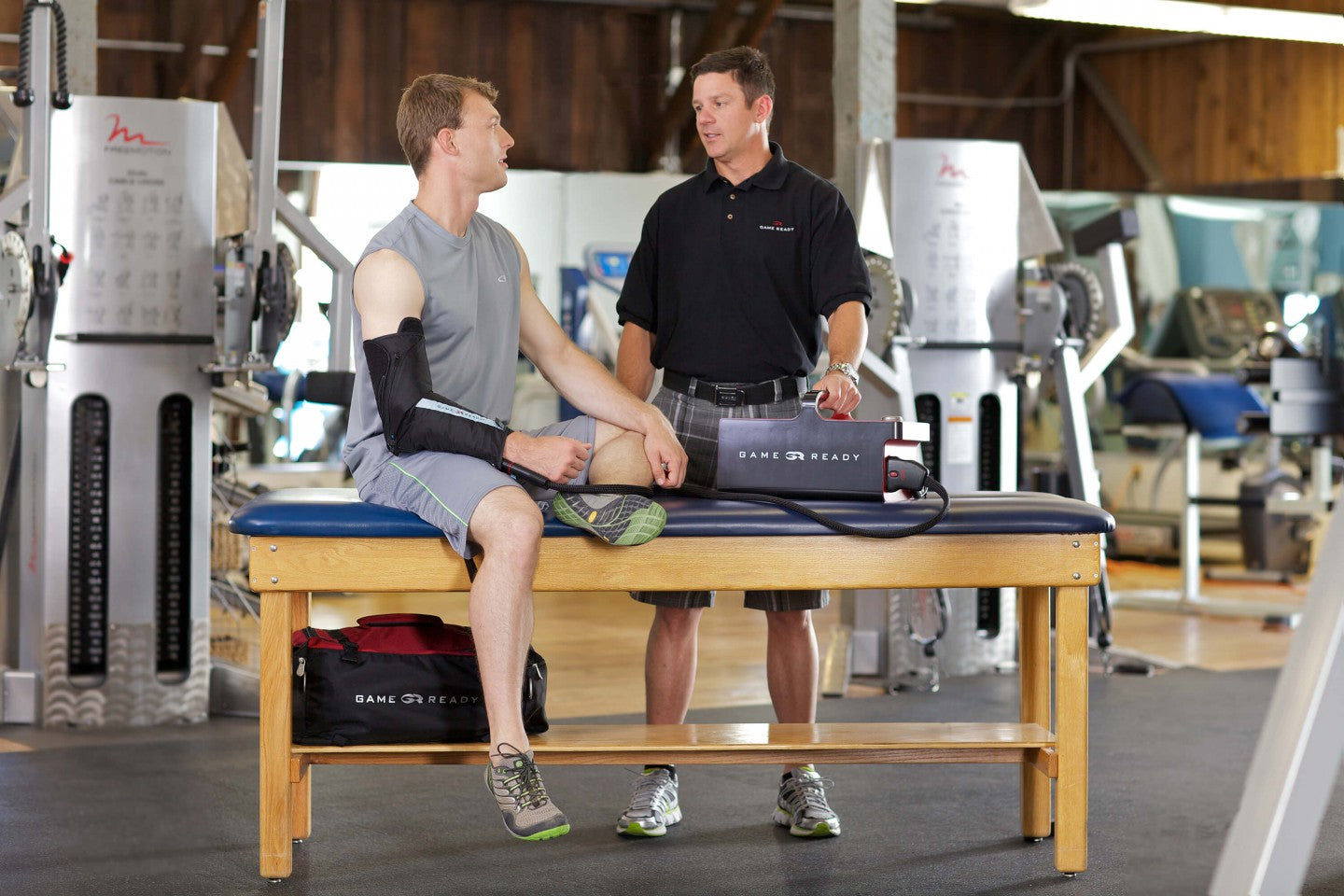Overcoming Common Roadblocks To Swift Recovery
Recovering from an injury or surgery can be a challenging journey, filled with physical, emotional, and psychological hurdles. While everyone’s healing process is unique, certain common roadblocks can impede swift recovery.
Understanding and addressing these obstacles can significantly enhance one's ability to heal faster and recover better. This article delves into practical strategies for overcoming these roadblocks, providing a comprehensive guide to a smoother, more effective recovery.
Understanding The Recovery Process
Recovery is a complex process that involves several stages: inflammation, proliferation, and maturation. Each stage plays a crucial role in healing; any disruption can delay the process. Knowing what to expect and how to manage each phase is essential for overcoming common roadblocks.
Inflammation Phase
The inflammation phase is the body's immediate response to injury, characterized by redness, swelling, heat, and pain. This phase is critical for protecting the injured area and initiating the healing process. However, excessive inflammation can be detrimental, leading to prolonged pain and delayed healing.
Proliferation Phase
During the proliferation phase, the body begins repairing damaged tissues by producing new cells and extracellular matrix. This phase involves the formation of granulation tissue, which provides a temporary matrix for tissue repair. Adequate nutrition and oxygen supply are crucial during this phase to support cell growth and tissue regeneration.
Maturation Phase
The maturation phase involves remodeling the newly formed tissue to restore its normal structure and function. This phase can last several months and requires careful management to prevent re-injury and ensure optimal recovery.
Common Roadblocks To Swift Recovery
Several factors can hinder the recovery process, making it slower and more challenging. Here, we discuss some of the most common roadblocks and how to overcome them.
Inadequate Pain Management
Pain is a natural part of the recovery process, but inadequate pain management can lead to increased stress, reduced mobility, and delayed healing. It's essential to work with healthcare professionals to develop an effective pain management plan that may include medications, physical therapy, and alternative therapies such as acupuncture and massage.
Poor Nutrition
Nutrition plays a vital role in healing. A diet lacking essential nutrients can slow recovery by impairing the body’s ability to repair tissues and fight infections. Focus on a balanced diet rich in proteins, vitamins, and minerals to support the healing process. Foods high in antioxidants, such as fruits and vegetables, can also help reduce inflammation and promote faster recovery.
Lack of Physical Activity
While rest is crucial after an injury or surgery, prolonged inactivity can lead to muscle atrophy, stiffness, and reduced range of motion. As advised by healthcare professionals, engaging in appropriate physical activity can help maintain muscle strength, improve circulation, and speed up recovery. Gentle exercises such as walking, swimming, or yoga can be beneficial.
Insufficient Hydration
Hydration is often overlooked but is essential for recovery. Water helps transport nutrients to cells, remove waste products, and maintain tissue elasticity. Ensure you drink enough fluids throughout the day to support the healing process.
Stress and Anxiety
Mental health significantly impacts physical recovery. Stress and anxiety can slow healing by increasing inflammation and weakening the immune system. Stress-reducing techniques such as mindfulness, meditation, deep breathing exercises, and engaging in enjoyable activities can help manage stress and promote faster recovery.
Inadequate Sleep
Sleep is when the body repairs and regenerates tissues. Inadequate sleep can hinder this process, leading to slower recovery. To support healing, aim for 7-9 hours of quality sleep per night. Establishing a regular sleep routine, creating a restful environment, and avoiding stimulants before bedtime can improve sleep quality.
Ignoring Professional Advice
Following professional medical advice is crucial for a swift recovery. Ignoring recommendations regarding medication, physical therapy, or follow-up appointments can lead to complications and delays in healing. Always adhere to your healthcare provider's instructions and seek clarification if you have concerns.
Strategies For Overcoming Roadblocks
Addressing these common roadblocks requires a proactive approach. Here are some practical strategies to help you heal faster and recover better.
Develop a Comprehensive Pain Management Plan
Work with your healthcare team to create a personalized pain management plan. This plan should include medications, physical therapy, and alternative therapies as needed. Regularly assess your pain levels and adjust your plan accordingly.
Focus on Nutrition
Ensure your diet includes plenty of proteins, vitamins, and minerals to support tissue repair. Foods rich in omega-3 fatty acids, such as fish, nuts, and seeds, can help reduce inflammation. Consider consulting a nutritionist to develop a diet plan tailored to your recovery needs.
Stay Active Safely
Engage in low-impact exercises that promote movement without straining your injury. Activities such as walking, swimming, and yoga can improve circulation and muscle strength. Always follow your healthcare provider's recommendations regarding physical activity.
Stay Hydrated
Drink plenty of water throughout the day. If you find it challenging to drink enough water, try incorporating hydrating foods such as fruits and vegetables into your diet. Monitor your hydration levels by checking the color of your urine; it should be light yellow.
Manage Stress and Anxiety
Incorporate stress-reducing activities into your daily routine. Mindfulness meditation, deep breathing exercises, and time in nature can help reduce stress levels. If needed, consider seeking support from a mental health professional.
Prioritize Sleep
Keep your bedroom calm, dark, and quiet to create a sleep-friendly environment. Establish a regular sleep schedule and avoid using electronic devices before bedtime. If you have trouble sleeping, try relaxation techniques such as reading or a warm bath before bed.
Follow Professional Advice
Always adhere to your healthcare provider's recommendations. Attend all follow-up appointments and complete any prescribed treatments. If you experience any issues or have concerns about your recovery, don't hesitate to contact your healthcare team for guidance.
Frequently Asked Questions (FAQs)
1. How does smoking affect the recovery process?
Smoking can significantly delay the healing process by reducing blood flow and oxygen supply to tissues. Nicotine constricts blood vessels, impairing the delivery of essential nutrients and oxygen needed for tissue repair. Quitting smoking can enhance your recovery and overall health.
2. Can dehydration impact my recovery even if I’m eating well?
Yes, dehydration can negatively affect recovery. Water is crucial for various bodily functions, including nutrient transport and waste removal. Even with a balanced diet, insufficient hydration can slow the healing process and reduce tissue elasticity, making proper fluid intake essential.
3. How important is maintaining a positive attitude during recovery?
A positive attitude can significantly influence your recovery. Optimism and a positive mindset can reduce stress and anxiety, boost your immune system, and enhance your overall well-being. Engaging in activities that bring joy and maintaining social connections can help foster a positive outlook.
4. Are there specific supplements that can aid in faster recovery?
Certain supplements, such as vitamin C, vitamin D, zinc, and protein, can support healing. However, it's essential to consult with your healthcare provider before starting any new supplements to ensure they are appropriate for your specific needs and do not interfere with any medications.
5. How can I prevent scar formation during the healing process?
Keep the wound clean and moist using appropriate dressings and topical treatments to minimize scar formation. Avoid picking at scabs, protect the healing area from sun exposure, and follow any wound care instructions provided by your healthcare professional. Gentle massage and silicone gel sheets can also help reduce scarring.
6. What role does physical therapy play in recovery?
Physical therapy plays a crucial role in recovery by helping restore function, improve mobility, and strengthen muscles. A physical therapist can design a personalized exercise program tailored to your needs, ensuring safe and effective rehabilitation. Regular sessions can prevent complications and enhance overall recovery.
7. How can I manage swelling during the recovery process?
To manage swelling, elevate the affected area above heart level, apply ice packs for 15-20 minutes several times daily, and wear compression garments if your healthcare provider recommends. Avoid prolonged periods of inactivity and engage in gentle movements to promote circulation.
8. Is it normal to experience emotional ups and downs during recovery?
Yes, experiencing emotional fluctuations during recovery is normal. Physical healing can be stressful and may impact your mental health. Acknowledging these feelings and seeking support from friends, family, or mental health professionals to help cope with emotional challenges is important.
9. Can alternative therapies like acupuncture or chiropractic care aid in recovery?
Alternative therapies such as acupuncture, chiropractic care, and massage therapy can complement traditional medical treatments and aid in recovery. These therapies can help manage pain, reduce stress, and improve overall well-being. Always discuss with your healthcare provider before starting any alternative therapy to ensure it is safe for your condition.
10. How can I stay motivated during a lengthy recovery period?
Setting realistic goals, tracking progress, and celebrating small milestones can help maintain motivation during a lengthy recovery. Surround yourself with a supportive network of friends and family, and engage in activities that you enjoy and that can be adapted to your current physical abilities.
Achieving Swift And Effective Recovery
Overcoming common roadblocks to swift recovery involves proper pain management, nutrition, physical activity, hydration, stress management, and adherence to professional advice. Addressing these factors can significantly enhance your ability to heal faster and recover better. Remember, recovery is a journey; taking proactive steps can make a substantial difference in your healing process.
For more information and resources to support your recovery journey, visit Heal Faster. Here, you'll find a range of products and expert advice designed to help you heal faster and recover better.






